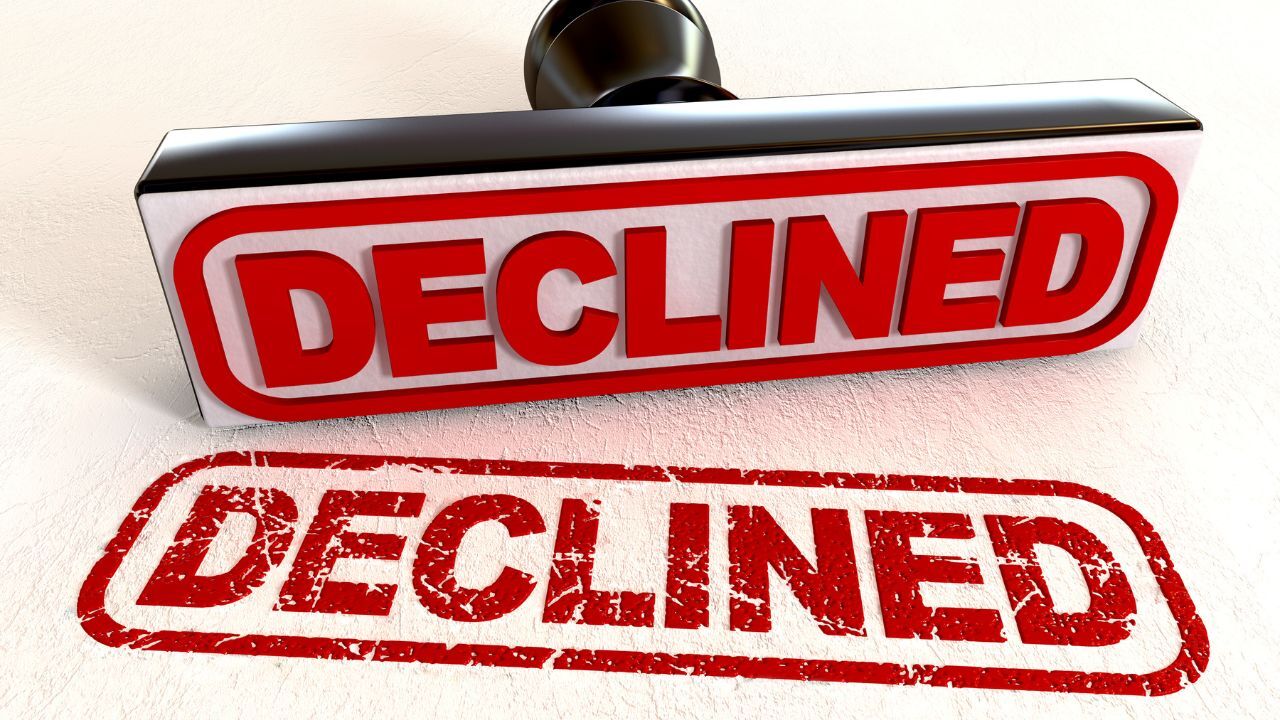 Getting turned down for a mortgage can be discouraging, but it doesn’t mean the dream of homeownership is over. In fact, understanding why your application was declined is the first step toward making a stronger comeback. Let’s look at some of the most common reasons a mortgage might be denied and what you can do about it.
Getting turned down for a mortgage can be discouraging, but it doesn’t mean the dream of homeownership is over. In fact, understanding why your application was declined is the first step toward making a stronger comeback. Let’s look at some of the most common reasons a mortgage might be denied and what you can do about it.
1. Loan-to-Value (LTV) Ratio
Your loan-to-value ratio is the percentage of the property’s appraised value that you want to borrow. For instance, if you’re buying a $300,000 home and requesting a $270,000 loan, your LTV is 90%.
Lenders typically prefer a lower LTV because it means you’re less of a risk. If your LTV is too high, consider increasing your down payment or looking into mortgage insurance. While mortgage insurance adds to your monthly cost, it can be a path to loan approval in some cases.
2. Debt-to-Income (DTI) Ratio
Your debt-to-income ratio compares your monthly debt payments to your gross monthly income. If you’re using too much of your income to cover existing debts, such as credit cards, car loans, or student loans as it can raise a red flag for lenders.
A general rule of thumb is to keep your total DTI ratio under 43%, though the lower, the better. If your DTI is too high, you may need to reduce your debt before reapplying. Paying off credit cards or consolidating loans can help lower this number.
3. Credit Challenges
Poor credit or no credit can significantly impact your ability to get a mortgage. Late payments, collections, or a limited credit history make it harder for lenders to assess your reliability.
If this is the case, take time to repair your credit. Pay all bills on time, reduce outstanding balances, and consider using secured credit cards to rebuild your profile. For those with little credit history, lenders may look at alternative data, like on-time rent or utility payments, to assess your reliability.
4. Incomplete Documentation or Employment Issues
Sometimes, a loan is denied simply because the paperwork wasn’t complete, or income and employment history couldn’t be verified. Make sure you’re providing accurate, complete information. If you’re self-employed, you may need additional documentation to prove consistent income.
5. The Property Itself
Occasionally, it’s not your finances that are the problem, it is the property. If the appraisal comes in low or there are issues with the condition of the home, the loan may be denied.
In that case, you might be able to renegotiate the purchase price, ask the seller to make repairs, or walk away and find a property that meets lending standards.
Don’t Give Up!
A mortgage denial doesn’t mean you can’t buy a home. It just means you might need to make a few changes and try again. Talk to your loan officer about what went wrong and how to fix it. With the right guidance, you’ll be better prepared for approval next time, and one step closer to the keys to your future home.

